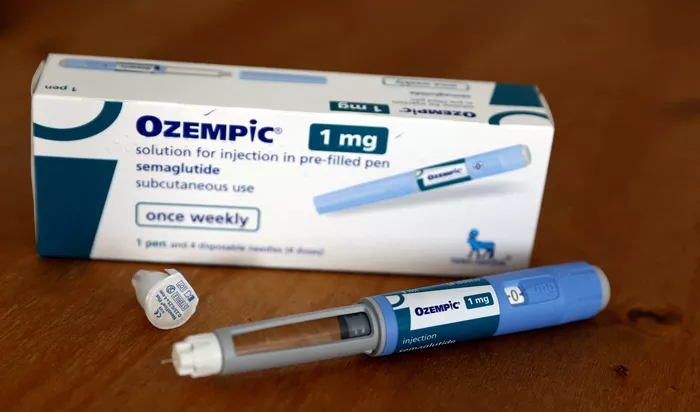A recent study of U.S. health insurance claims has found that weight-loss medications like Wegovy and Ozempic may effectively support weight reduction but haven’t yet delivered anticipated health cost savings within the first two years of use. Prime Therapeutics, a pharmacy benefits manager, analyzed data for over 3,000 people covered under commercial health plans who had started GLP-1 medications between January and December 2021.
According to Prime’s findings, the annual healthcare cost for individuals using GLP-1 drugs surged to an average of $18,507 two years into the treatment, a 46% increase from the average $12,695 cost prior to medication. Comparatively, patients who did not use the medications saw a 14% rise in expenses over the same period. These higher costs for GLP-1 users were primarily driven by medication expenses, although medical expenses also rose within this group.
The study, which excluded individuals with diabetes, did not identify a decline in obesity-linked medical events such as heart disease or stroke over the two years reviewed. This lack of immediate cost reduction raises questions about the long-term financial impact of GLP-1 medications, which are currently some of the most prescribed treatments for obesity.
Novo Nordisk and Eli Lilly, makers of leading GLP-1 drugs like Wegovy and Zepbound, emphasize the long-term potential of these medications to alleviate health complications tied to obesity. The weight-loss drug market has grown significantly, and some experts estimate it could expand to $150 billion annually over the next decade. Despite this promise, many employers and healthcare decision-makers are reluctant to cover these high-cost medications without clearer evidence of eventual savings.
“The financial burden for health plans and governments is considerable, especially given the extensive demand for these medications,” noted Ben Ippolito, an economist with the American Enterprise Institute. “The scale of demand makes this a unique case among medications.”
Prime Therapeutics’ analysis found that only one in four patients continued with their GLP-1 prescriptions two years later. According to David Lassen, Prime’s vice president for pharmacy clinical services, real-world usage often doesn’t replicate the benefits seen in clinical trials, partly due to lower medication adherence. “It’s too early for conclusive results, but if we don’t see positive cost outcomes from our data, that could necessitate a reevaluation,” Lassen stated.
Healthcare professionals remain hopeful, pointing out that for some high-risk patients, including those with severe obesity or chronic health conditions, GLP-1 medications could lead to substantial health improvements and cost reductions over time. However, achieving broad cost savings across diverse populations is proving challenging.
As weight-loss medications become increasingly popular, Prime Therapeutics, which serves 38 million individuals through U.S. Blue Cross and Blue Shield plans, continues to support combining these drugs with lifestyle changes for improved outcomes. The company estimates that fewer than 20% of its members currently have insurance coverage for GLP-1 weight-loss drugs, underscoring the cautious approach being taken by insurers and employers.
This report highlights a key inflection point in healthcare: while GLP-1 medications offer hope for combatting obesity-related health issues, the long-term financial and health benefits may require further time—and continued monitoring—to fully materialize.
Read more:
Inequity In Health: Why Black Americans Face Persistent Health Challenges
Vitamin D Deficiency Resurfaces: Could Cod Liver Oil Be The Answer
Online Gambling Boom Linked To Public Health Risks, Calls For Global Policy Action


